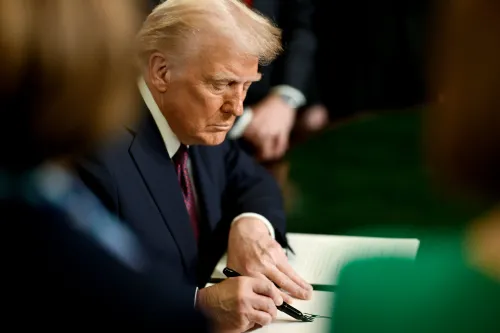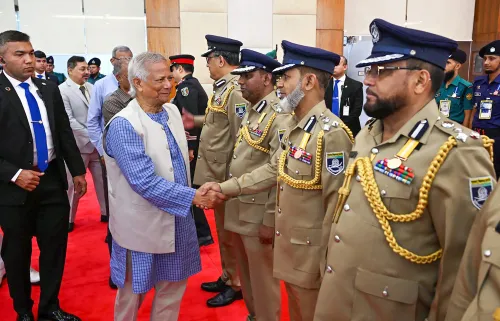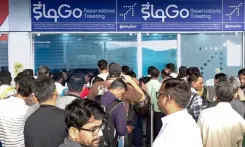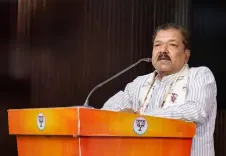Bangladesh Commits to National Elections Amid Growing Pressure on Interim Government
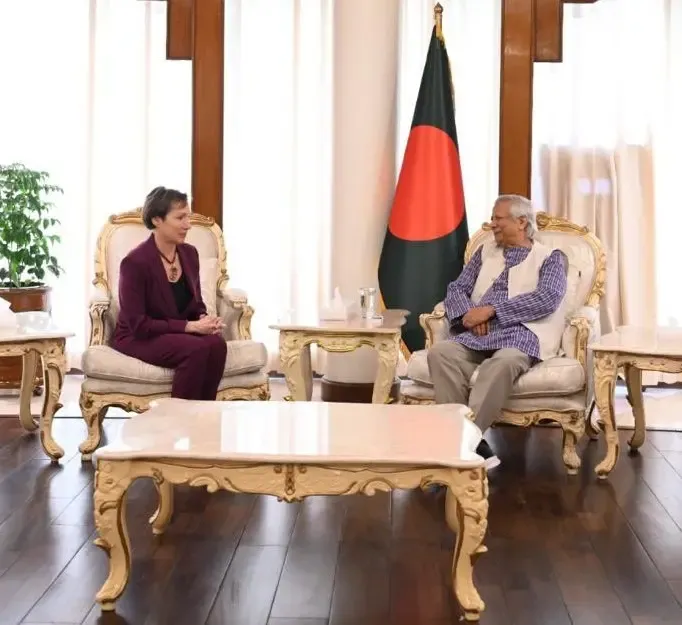
Synopsis
Key Takeaways
- National elections expected between December 2025 and June 2026.
- Interim government led by Muhammad Yunus formed after Sheikh Hasina's removal.
- Severe criticism over the treatment of minorities and dissent.
- US government pushing for democratic reforms in Bangladesh.
- Potential local government elections may precede national polls.
Dhaka, Feb 11 (NationPress) The Election Commission of Bangladesh announced on Tuesday that it is gearing up to conduct national elections sometime between December 2025 and June 2026.
Election Commissioner Abul Fazal Mohammad Sanaullah stated in a media briefing, following a meeting with Ambassadors and representatives from 18 development partner countries, including the United Nations Development Programme (UNDP), that the Chief Advisor had indicated in his address on December 16 of the previous year that if elections are to be organized with minimal reforms and political consensus, they could occur by December 2025. However, if more substantial reforms are necessary, the elections may be postponed until June 2026.
Sanaullah clarified that the Commission is not currently preparing for any other elections. Nevertheless, he mentioned that if the government chooses, the Commission is ready to conduct local government elections prior to the national elections, as reported by Bangladesh's prominent Bengali daily Prothom Alo.
The abrupt departure of former Prime Minister Sheikh Hasina during a significant political coup last August is perceived worldwide as a substantial setback to the nation's democratic framework.
Despite the formation of an interim government led by Chief Advisor Muhammad Yunus on August 8, 2024, following Hasina's removal, the widespread violence in Bangladesh not only struck a blow to its fragile democracy but also jeopardized its potential as a secular state.
The interim government has faced severe criticism for allegedly harboring radical and extremist Islamic groups. In recent months, any dissent in Bangladesh has been repressed harshly, particularly affecting minorities, especially Hindus.
The return of US President Donald Trump to the White House last month also indicates challenging times ahead for the current regime, as the Trump 2.0 administration has made its stance on democratic and electoral reforms quite clear.
On Tuesday, US Charge d'affaires to Bangladesh Tracey Jacobson met with Yunus at the State Guest House Jamuna, as Washington continues to advocate for a stable and democratic future for Dhaka.



